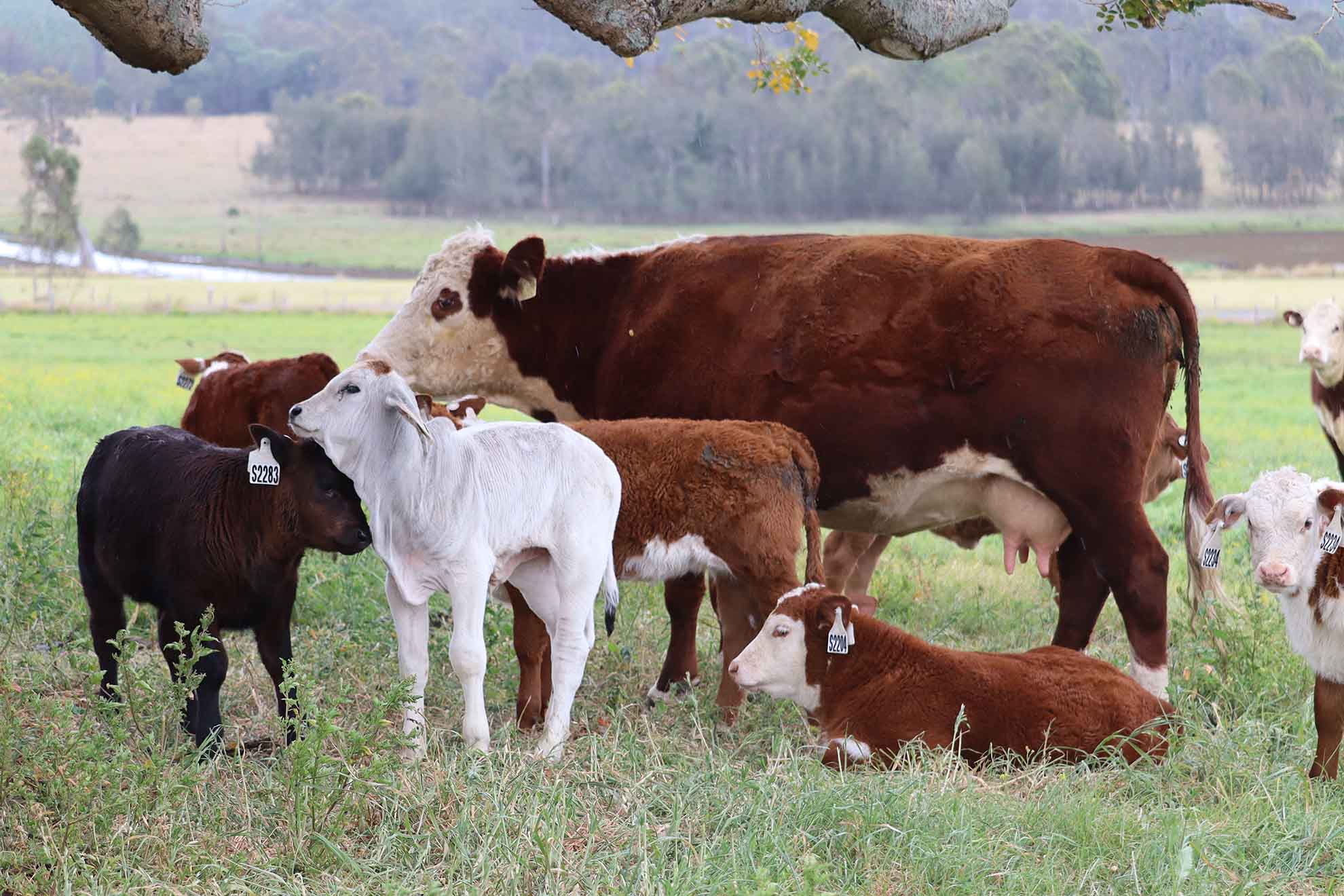Immune competent cattle could be the economic advantage for beef industry

Beef producers could improve the health and welfare of cattle in their herds and reduce their reliance on antibiotics to treat disease by simply having the right tools to select immune competence traits in their cattle, according to researchers.
The Immune Competence Project, led by CSIRO, Australia’s national science agency, and co-funded by Meat and Livestock Australia, will look at 1,500 steers and heifers each year from the NSW DPI Southern Multi Breed herd over a two-year period.
Researchers will measure immune specific traits that are expected to relate to an animal’s ability to respond to specific health challenges faced in their production environment.
Dr Aaron Ingham, a CSIRO research scientist leading the Immune Competence project, said data collection began in 2022 during weaning of the 2021 Southern Multi Breed calves.
“Anyone in the livestock industry knows there are specific high-stress periods where you see spikes in disease, and weaning is one of those times,” he said.
“At weaning calves are suddenly exposed to a different environment, different diet, and are experiencing separation anxiety from their mum, so that’s the time to assess the ability of these animals to mount a strong immune response, when under stress.”
Dr Ingham said researchers examined how well the animals responded to vaccination, both from an anti-body- mediated and cell-mediated perspective, before bringing the two measures together to generate an immune competence phenotype. The project will then investigate the ability of this phenotype to predict future health outcomes of the animal.
“By understanding these traits, we can use that information to improve the resistance of animals to disease. We do this by identifying those attributes which make particular breeds or animals more resistant to certain diseases and looking for those attributes in animals of other breeds,” Dr Ingham said.
“For us, the goal is to breed animals that are both productive and able to effectively respond to disease challenges, which will be a win-win for producers.”
NSW DPI animal genetics research scientist Dr Brad Walmsley said data gathered from the Immune Competence Project would be of great economic benefit to seedstock and commercial Australian beef producers.
“This study aims to provide producers with tools to help them select animals with a healthy immune system and improved general disease resistance,” he said.
“By balancing selection for immune competence with production traits, producers can expect to have healthier cattle which are also productive. This approach also has to potential to improve animal health & welfare and reduce reliance on antibiotic use, helping to maintain consumer confidence in Aussie beef products into the future.”
The multi-million-dollar Southern Multi Breed project is co-funded by NSW DPI, UNE, MLA and the Australian Government through the MLA Donor Company (MDC).
The cattle being used for the Immune Competence project are the progeny of NSW DPI Southern Multibreed herds located at Camden (Elizabeth MacArthur Agricultural Institute), Grafton, Glen Innes, Trangie, and Tocal.